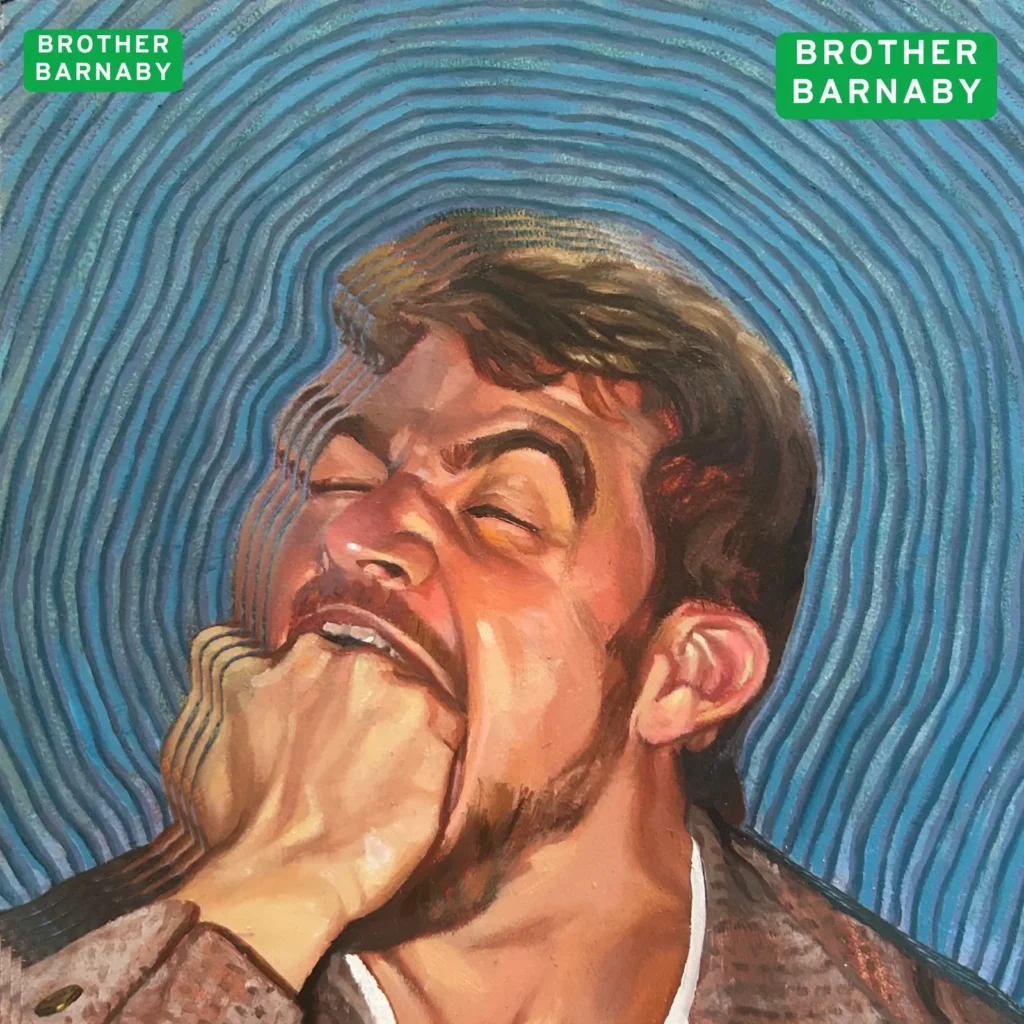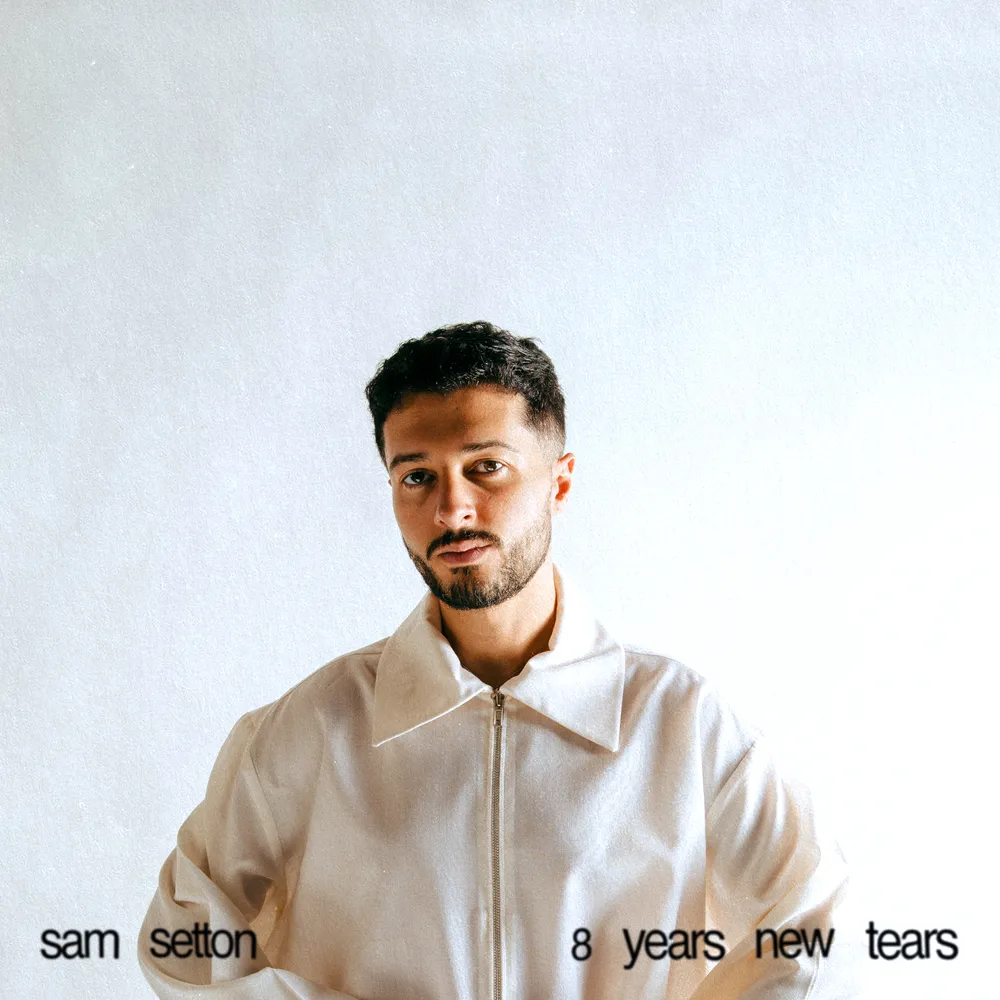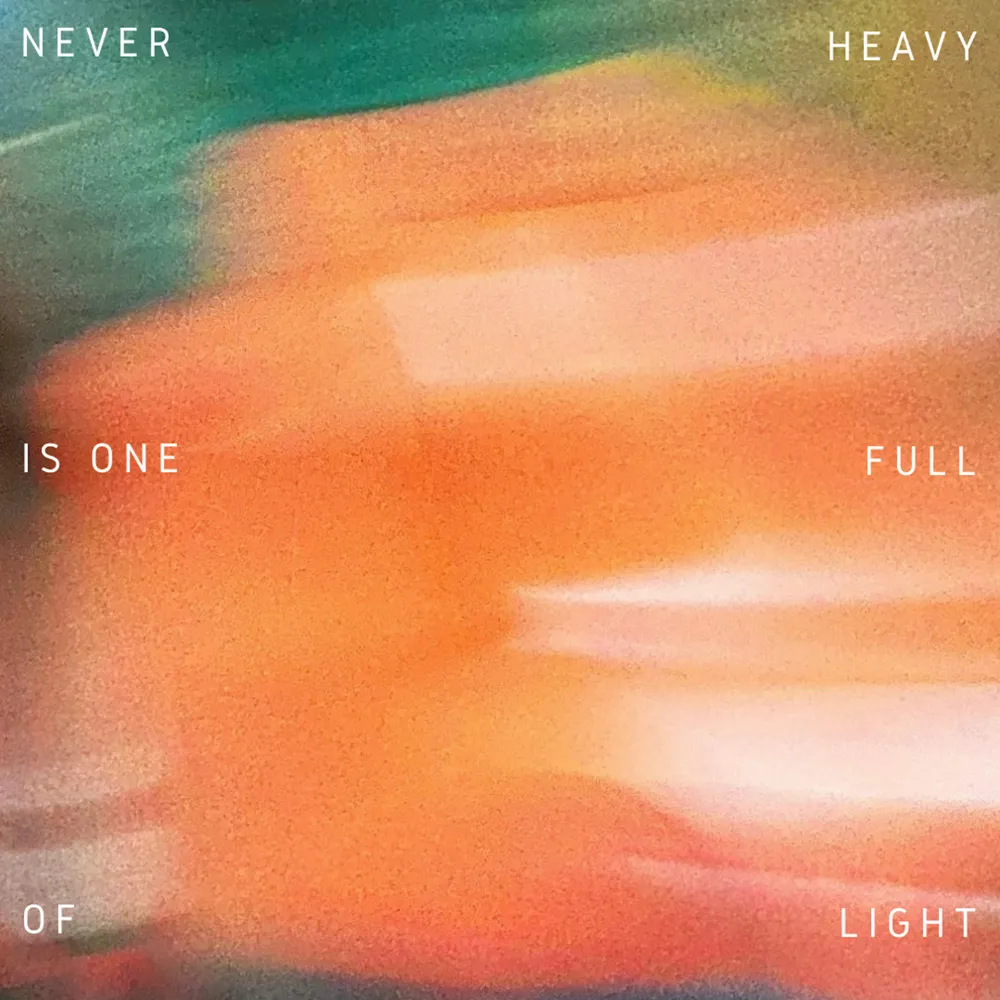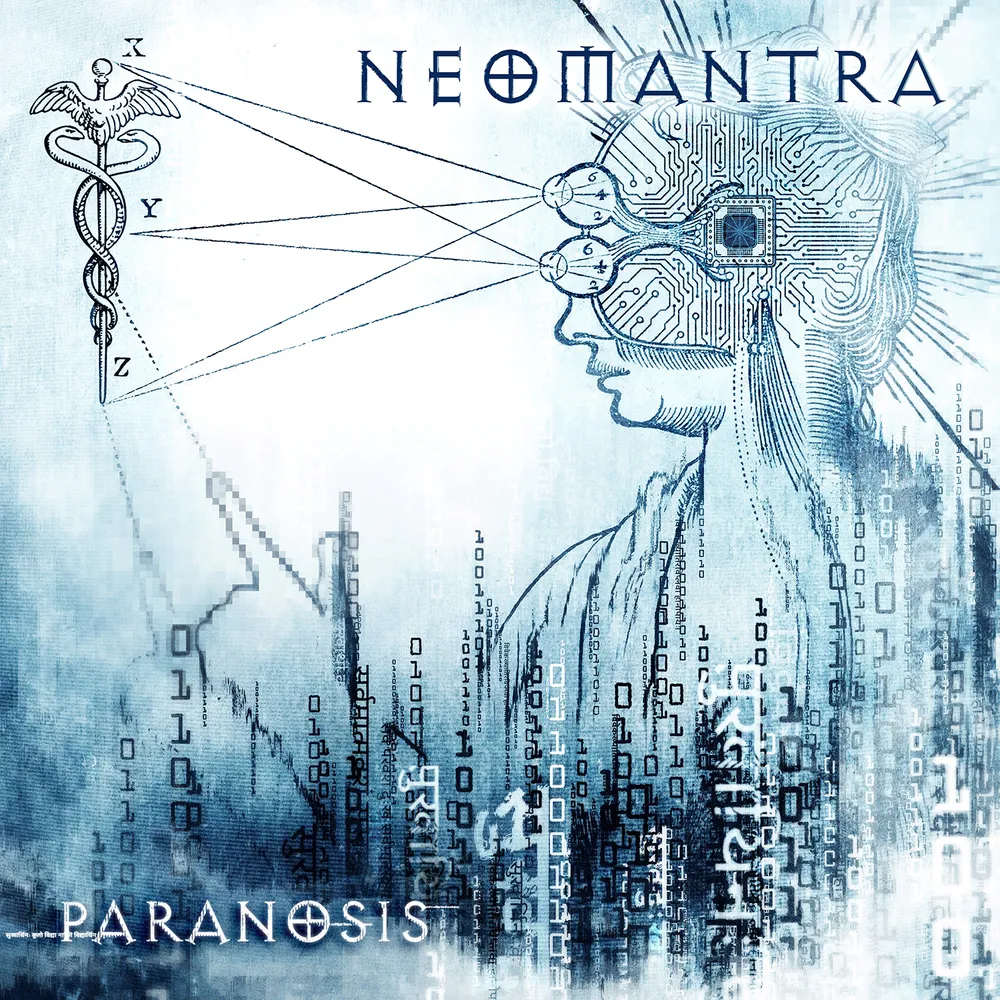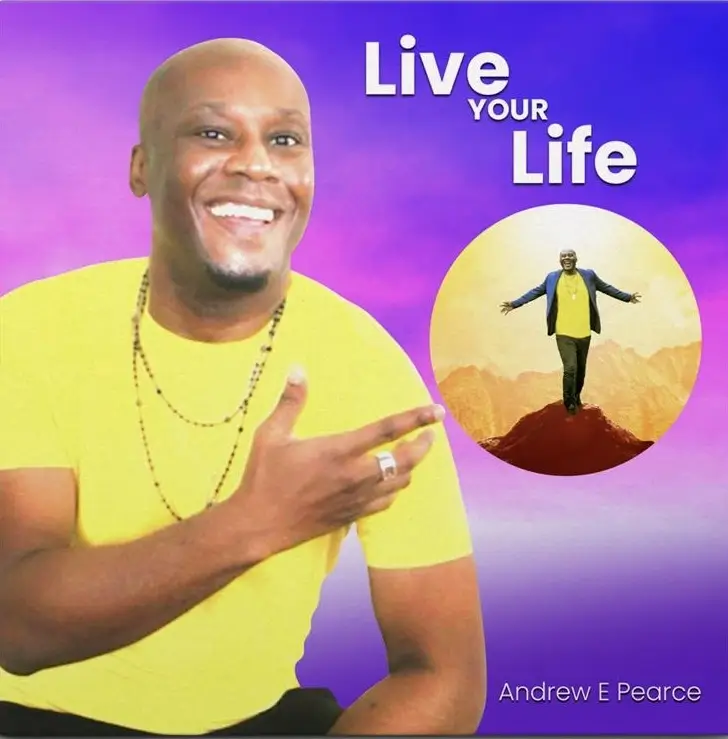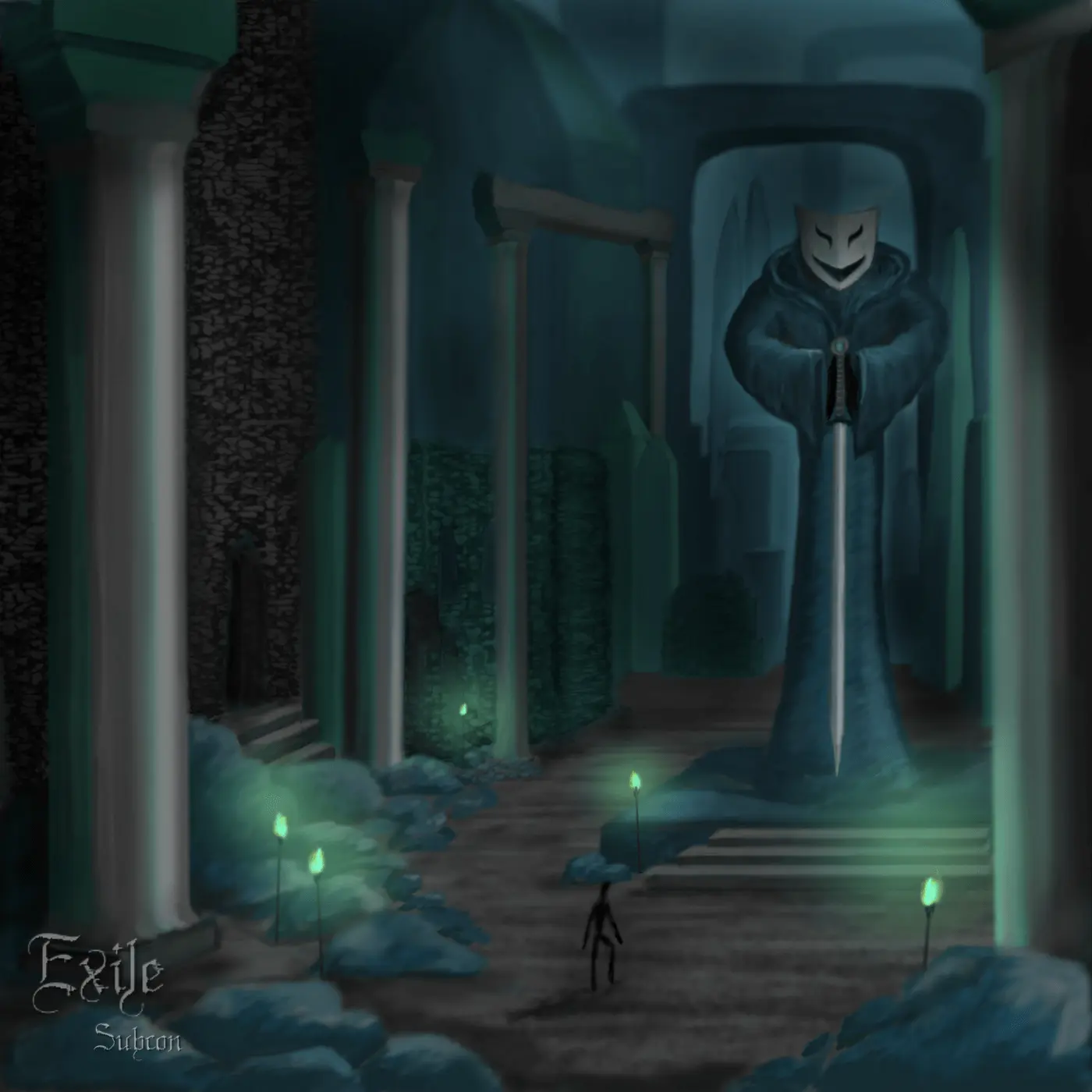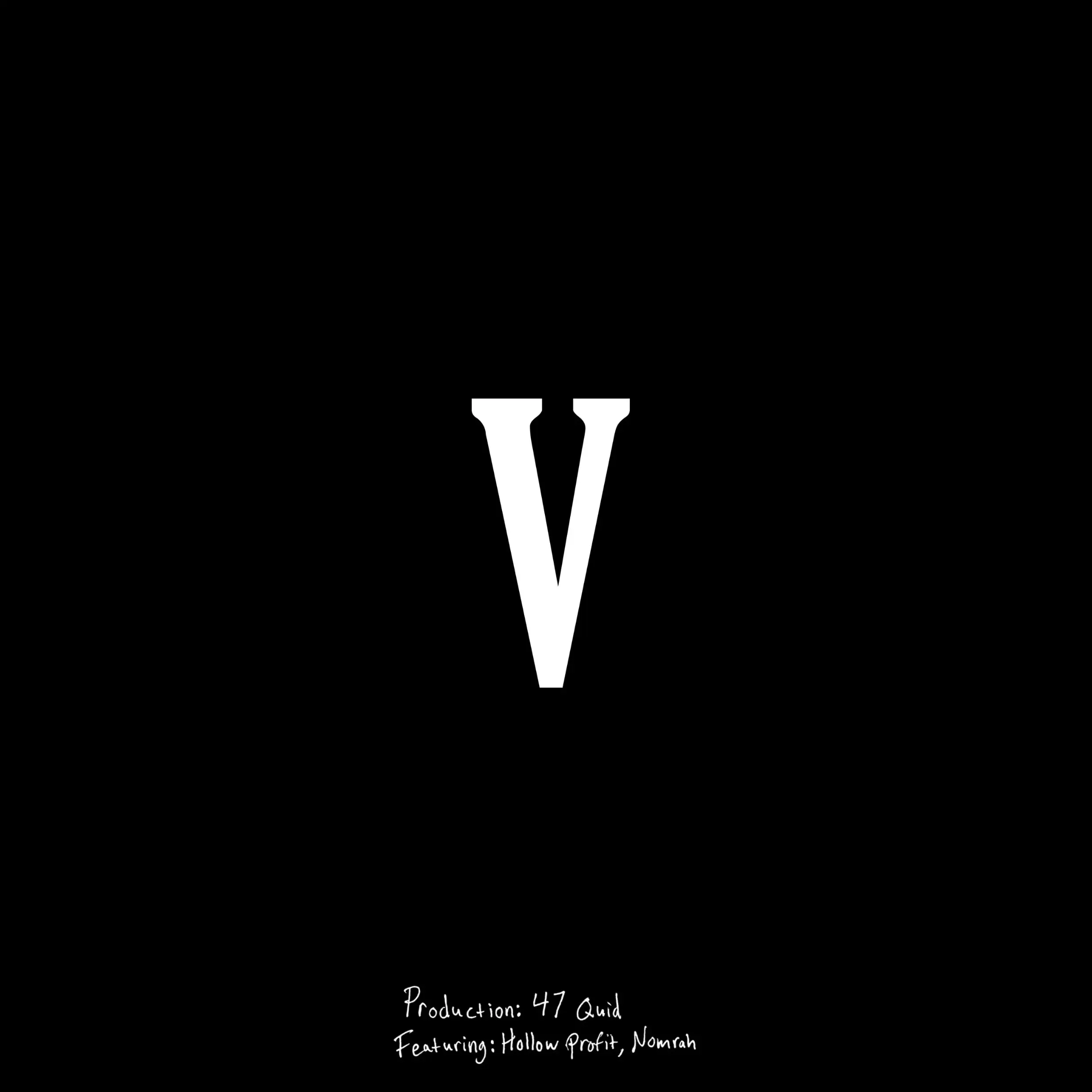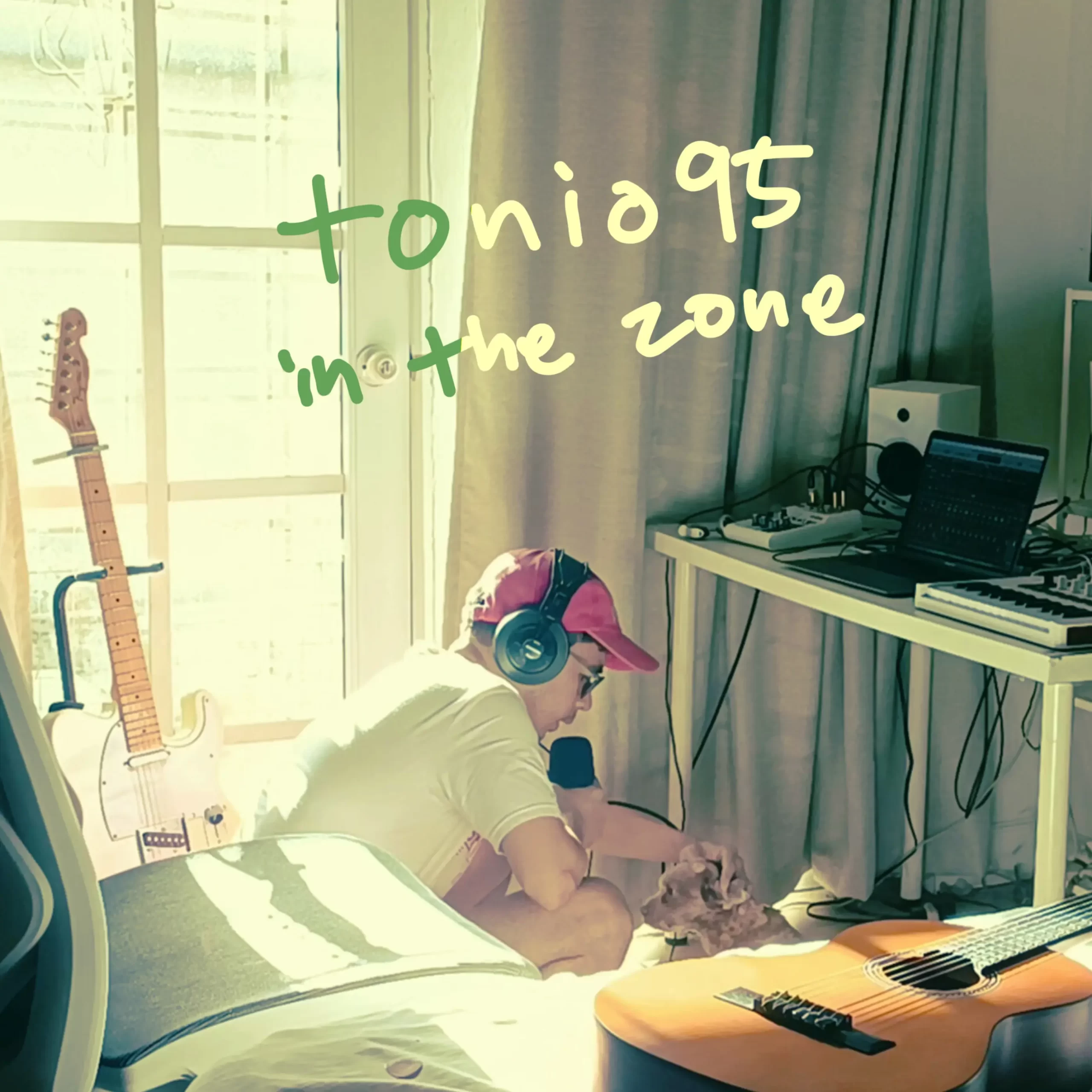Imagine a debut album that doesn’t feel the need to scream for attention, contort itself into viral snippets, or disguise sincerity behind a thousand layers of ironic detachment. Mystery of the Self by Brother Barnaby is precisely that: an album that dares to be earnest, melodic, and a little bit nerdy; in the best way. It’s a welcome anomaly in a musical landscape increasingly allergic to nuance, and it wears its influences not like a costume, but like a lovingly worn hoodie: Paul Simon’s wit, David Byrne’s analytical weirdness, Sufjan Stevens’ emotional accuracy, and even a touch of Declan McKenna’s pop precision all quietly orbit this collection of ten surprisingly impactful tracks.
From the jump, opener “Samantha” tells you exactly what kind of album you’re getting into; one wherein pop sensibility isn’t a dirty word, and where a soaring hook doesn’t have to cancel out intelligence. It’s got Paul Simon’s rhythmic agility and a gleeful sense of melody that feels almost suspiciously optimistic… until you listen closely and realize the lyrical content is doing something more complicated. It’s catchy, yes, but it’s doing it with its eyebrows raised and its heart fully engaged.
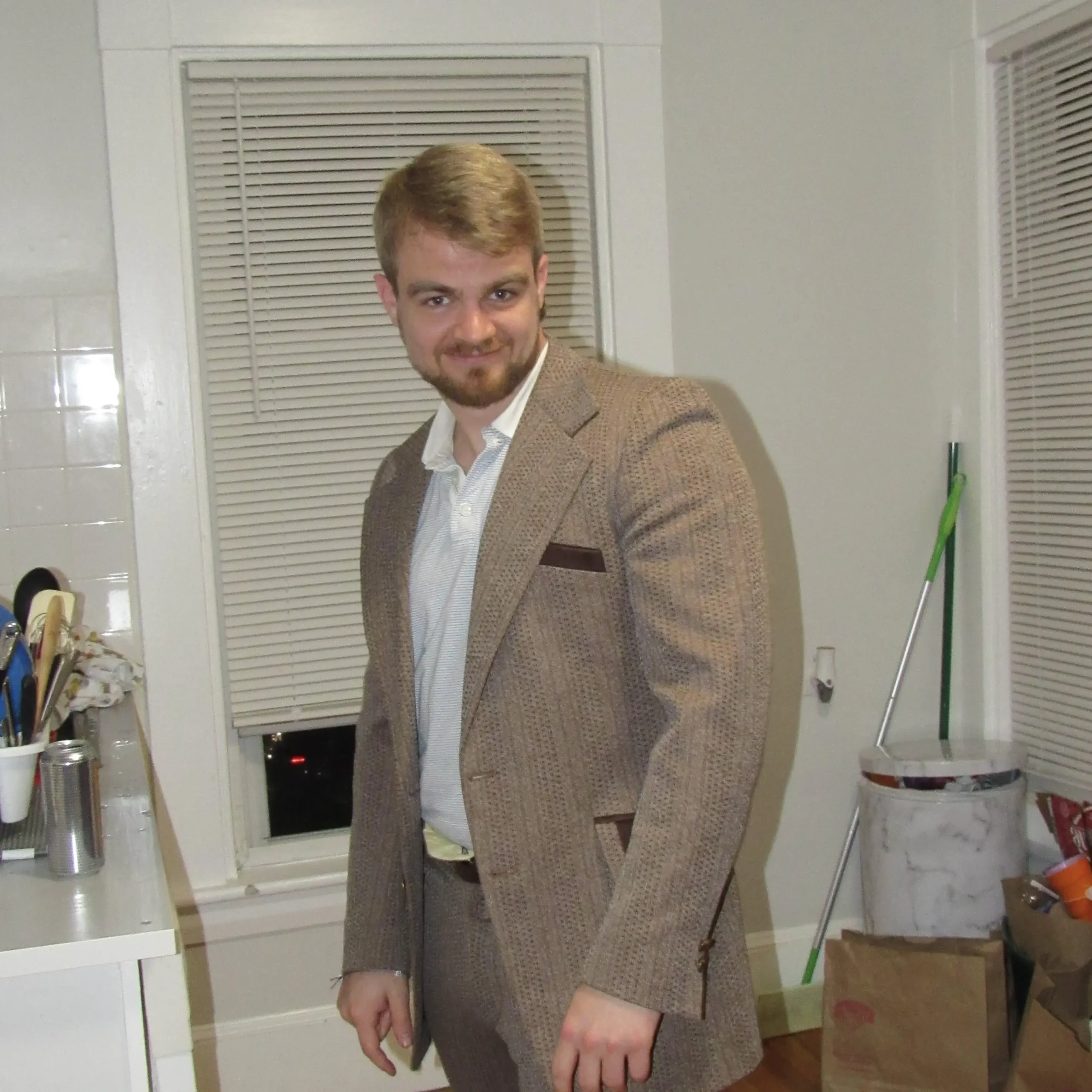
Because Brother Barnaby is apparently incapable of resting on a single vibe, he hits you with “Bless My Heart,” a jazzy, café-ready ballad that trades brightness for intimacy. The song doesn’t ask for your attention so much as quietly pull it toward itself, like a good book left open on a quiet morning. It’s a perfect companion to making your third cup of tea while questioning your life choices, and it proves Barnaby’s not just capable of writing great songs; he’s capable of shifting emotional gears without losing narrative momentum.
“Great Beyond” is where things get especially interesting. On first listen, it’s an indie-pop banger in the lineage of Declan McKenna’s “Brazil”; it’s clean, catchy, and confident. But then the lyrics sneak in with something heavier, like an existential reckoning dressed up in a glitter jacket. There’s a theatricality here that calls to mind the more contemplative sides of art-pop and chamber pop, moments where style and substance stop pretending they’re separate.
Throughout Mystery of the Self, the production leans into warmth; nothing is overly slick, and yet nothing sounds accidental. The album seems purposefully constructed to sound “played,” not pieced together in Ableton presets or fed through a vibe algorithm. There’s an analog sense of care, a lived-in texture to the instruments that makes you believe these songs weren’t just written. More like they were inhabited.
Lyrically, this album is smart in the way the best dinner conversations are: curious, questioning, never trying too hard to prove anything. It’s interested in the act of introspection; in the kinds of questions you might ask yourself when staring at your reflection in a darkened train window. What does it mean to change? To know yourself? To remember things correctly, or to realize you never did? Barnaby doesn’t offer tidy answers, but he’s not being cryptic for the sake of cool either. He’s just gently urging you to think, and perhaps to feel a little more than you intended.
It’s tempting to call Mystery of the Self “folky” or “art-pop,” but both labels feel like clumsy approximations; that’s like trying to sum up a novel with a tweet. Yes, there are acoustic guitars and moments of intricate, cerebral composition. Yes, there are flourishes of orchestration, sharp melodic turns, and the occasional playful detour into indie-pop territory. But to box this record into a single genre feels like missing the point entirely. Mystery of the Self doesn’t sit still long enough to be categorized. Rather, it prefers to hover in that sweet spot between comfort and curiosity. It’s the musical equivalent of that one friend who always recommends novels you’ve never heard of but instantly love, who quotes philosophy casually over lunch, and who somehow manages to say something life-alteringly profound just as the check arrives.
If you’re exhausted by indie records that treat vulnerability like a costume or wear quirk like a brand strategy, this album is a breath of fresh air. There’s no pretension here, no performative angst, no tortured irony for irony’s sake. Instead, Mystery of the Self builds itself around genuine introspection. The melodies are thoughtful, often deceptively simple; the lyrics wander gently into existential terrain without getting lost in abstraction. It doesn’t bludgeon you with emotion, but it also doesn’t flinch when things get tender. It’s music for people who’ve read a bit, lived a bit, and are still figuring it out, preferably over coffee or a long walk home.
What makes this debut especially refreshing is how deliberately handcrafted it feels. Nothing here sounds like it came out of a sample pack or a plug-in preset. Every arrangement, every instrumental layer feels intentional, like a favorite sweater passed down rather than bought new. It’s not trying to reinvent the wheel, but it absolutely invites you to consider how lovely a wheel can be when it’s well-balanced, worn in, and unmistakably personal.
Recommended if you like Paul Simon’s lyrical empathy, David Byrne’s observational oddness, Sufjan Stevens’ emotional precision, Declan McKenna’s ambitious popcraft, or Jens Lekman’s self-aware storytelling, Mystery of the Self is that rare debut that doesn’t just gesture toward potential; it quietly fulfills it. It’s emotionally literate without being self-important, ambitious without being showy, and charming without ever begging for your attention. It simply exists, full of humor, heart, and just the right amount of sadness and that, in today’s noisy music world, is a kind of magic.
Follow Brother Barnaby
About the Author

A tenured media critic known working as a ghost writer, freelance critic for various publications around the world, the former lead writer of review blogspace Atop The Treehouse and content creator for Manila Bulletin.

